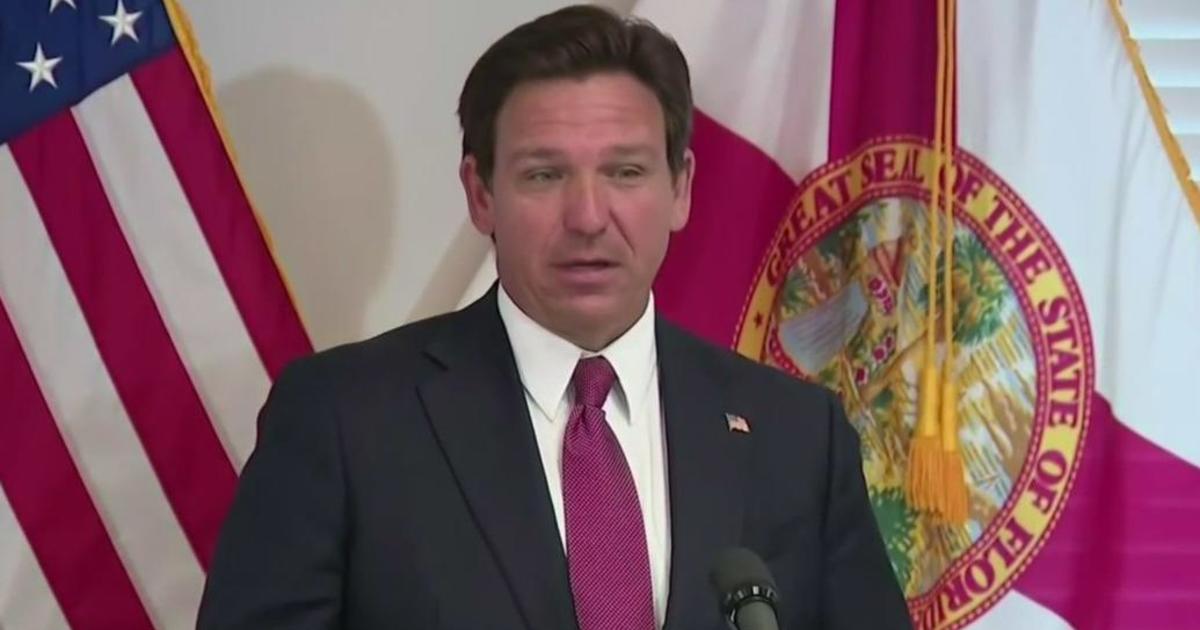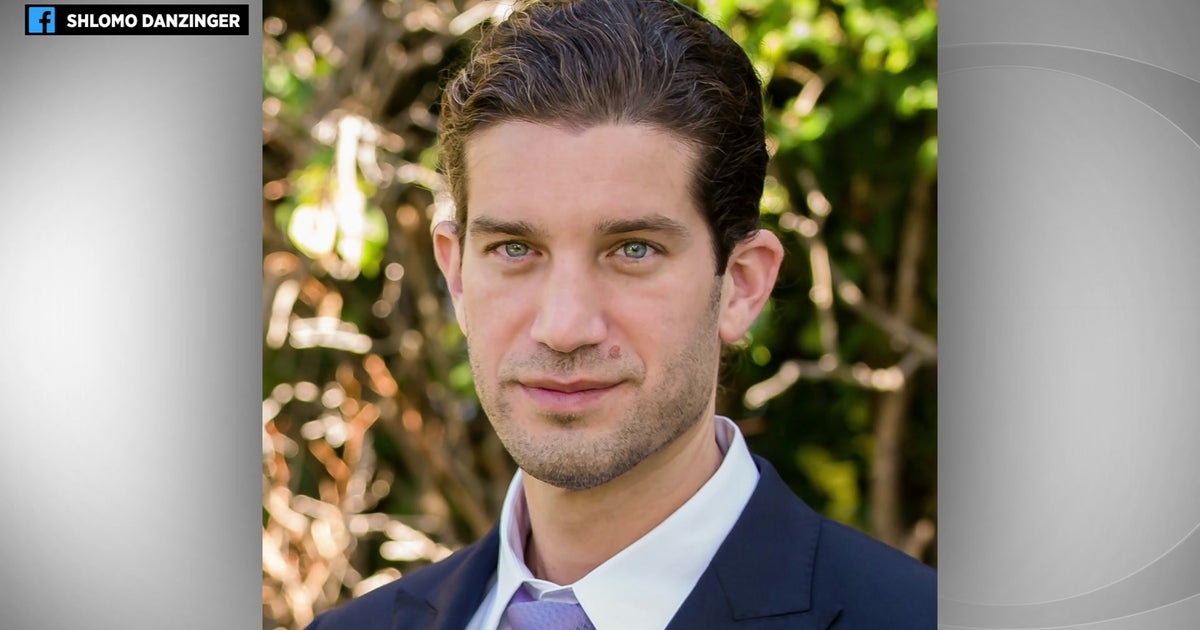FIU Tuition Now The Highest Among State Universities
WEST MIAMI-DADE (CBS4/AP) — It will now be a lot more costly for students to attend a popular Miami-Dade County university.
Due to increases approved by the Board of Governors, Florida International University will have the highest undergraduate tuition among the state's public universities — $4,669 per year for a normal course load.
The new figures were released Friday by the State University System.
The board approved in-state tuition increases ranging from 9 percent to 15 percent for the 11 active state universities in a series of close votes Thursday over objections from Gov. Rick Scott, who argued students and their families cannot afford to pay more.
Florida International's yearly tuition will go up by $609 for 30 credit hours. It was only one of four universities that received the full 15 percent increase allowed by law.
"No one wants to pay more," Florida International Student Body President Laura Farinas said, but she added that she supports the increase. She said it's necessary to avoid closing programs and laying off faculty due to cuts in state funding.
"It became very difficult for a lot of the universities to maintain and increase the quality and the integrity of the degrees that students walk out with," said the senior psychology major. "We value the quality of our degree."
The Miami school currently is tied with the University of South Florida, Florida State University and the University of Florida for the state's highest tuition at $4,060, but the board approved smaller increases for the other three institutions.
Two University of South Florida branch campuses in St. Petersburg and Sarasota will have the lowest tuition at $4,154 after getting an 11 percent hike of $446.
The University of Florida asked for and received the smallest increase, 9 percent. That will amount to $365 and raise its annual total to $4,425, fifth highest in the state.
Even with the latest increases Florida's universities will remain among the nation's most affordable. Florida currently ranks 45th in tuition and fees among the 50 states and District of Columbia. That's despite four years of double-digit tuition increases.
Officials haven't yet calculated how much this year's tuition increases will total but even if the board had approved the full 15 percent for all of the universities it wouldn't have been enough to offset a $300 million budget cut approved by Scott and the Legislature.
The new state budget, which goes into effect July 1, also anticipated the board would approve full 15 percent increases for each university. Those that have received less than the maximum now face additional spending cuts.
State law also says 30 percent of the tuition increases must be spent on need-based student aid. The other 70 percent must go for undergraduate education.
Board member Tico Perez, who chairs the panel's Budget and Finance Committee, disputed arguments by Scott and others that the tuition increases will be a financial burden for students and families.
Federal, state, private and institutional financial aid completely cover tuition expenses, including the latest increases, for students from families with incomes of $40,000 or less, Perez said.
Current and past tuition hikes haven't been enough to offset a series of budget cuts. Since 2008, state funding has dropped by $2,628 for every full time student while tuition has gone up only $1,233, not counting the upcoming cuts and tuition increases.
"Quality has suffered and I think at the end of the day we've got to be worried about quality," said board chairman Dean Colson.
Board members, though, were split over how much tuition should be increased.
"I don't buy the idea that there's so much money out there that our students are flush with cash," said board member Tom Kuntz.
The board's student member, Central Florida student body President Cortez Whatley, though, voted for the increases. He said all but one of the other student body presidents supported them.
Here's how annual tuition at the other universities will stack up this fall:
— Florida State: $4,588 after a $528, or 13 percent, increase.
— South Florida (Tampa): $4,506 after a $446, or 11 percent, increase.
— Central Florida: $4,425 after a $577, or 15 percent, increase.
— Florida Atlantic: $4,303 after a $561, or 15 percent, increase.
— New College: $4,303 after a $561, or 15 percent, increase.
— West Florida: $4,266 after a $524, or 14 percent, increase.
— North Florida: $4,228 after a $486, or 13 percent, increase.
— Florida Gulf Coast: $4,191 after a $449, or 12 percent, increase.
— Florida A&M: $4,191 after a $449, or 12 percent, increase.
(©2012 CBS Local Media, a division of CBS Radio Inc. All rights reserved. This material may not be published, broadcast, rewritten, or redistributed. The Associated Press contributed to this report.)



